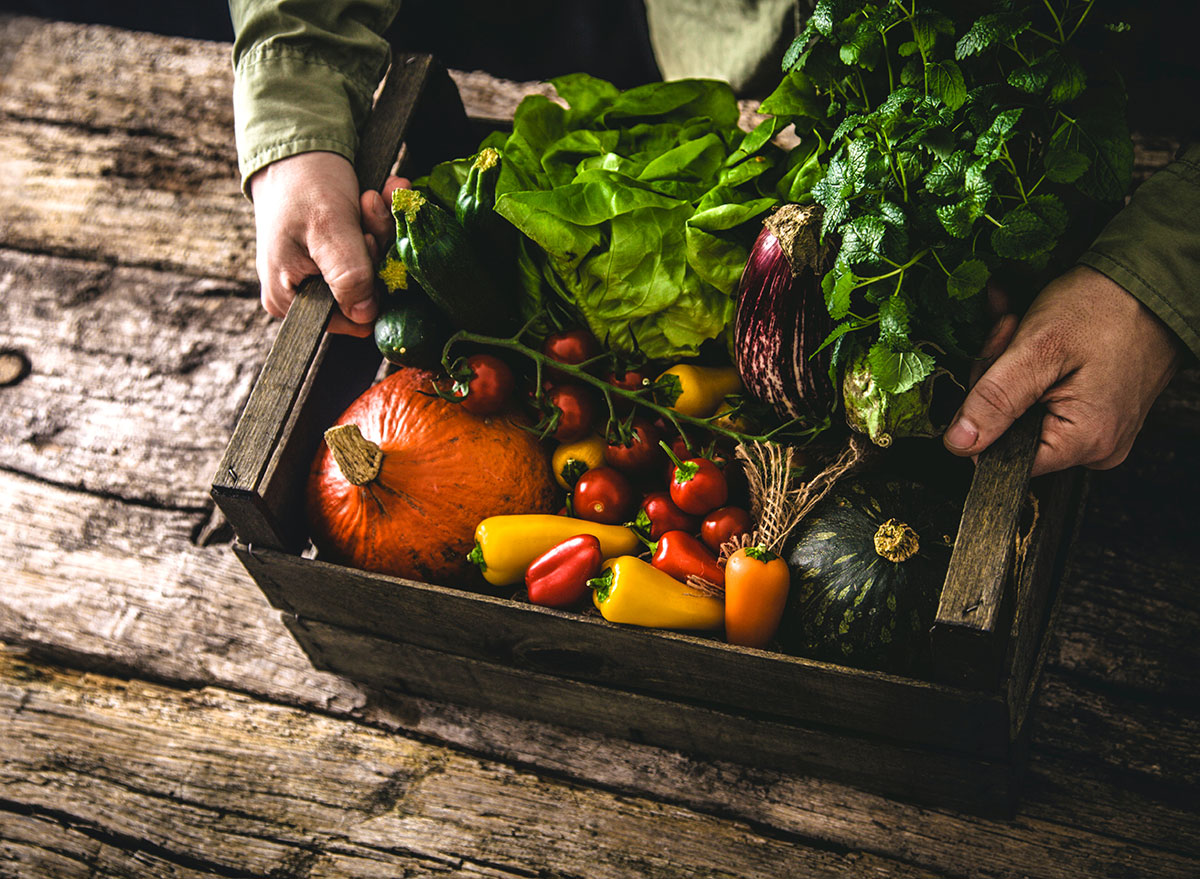Does the Alkaline Diet Actually Work? Here’s What the Health Experts Say

With celebrities and other A-listers touting the benefits of eating alkaline foods, you may be wondering what all the fuss is about. Perhaps the last time you heard the term alkaline was in your high school chemistry class, and you’re struggling to put two and two together. When it comes to health and trendy diets, it can be hard to cut through the noise and figure out what actually is worth trying to adopt into your everyday life, but does the alkaline diet even work?
There are a lot of claims about the positives of the alkaline diet, but is it all it’s said to be? We decided to take a closer look at the alkaline diet and its supposed benefits.
What is the alkaline diet?
Created by Dr. Robert O. Young, the alkaline diet claims that the source of many modern society’s illnesses comes from the fact that we eat acid-forming foods. Despite the lack of scientific evidence, it theorizes that if we eat alkalizing foods, we can balance our pH levels, and prevent a whole host of illnesses, including cancer. It can be a little confusing because the list of foods you can eat isn’t necessarily all alkaline—they just need to form more alkaline ions after metabolism to make your body less acidic.
What foods are allowed on the alkaline diet?
The alkaline diet recommends a plant-based diet of fresh fruits and vegetables in addition to tofu, seeds, and legumes. Followers are advised to remove acid-forming foods from their diet such as meat, dairy, coffee, processed foods, and most grains.
The list of approved alkaline diet foods aren’t intuitive and can be confusing to those who are new to the diet. Lemon water, for example, is advocated by proponents of the diet as an alkalizing drink, despite the fact that lemons are highly acidic. The focus is on how the food supposedly affects your body’s pH post-metabolism.
Does the alkaline diet work?
While there are valid benefits to eating more alkaline foods such as fruits and vegetables—irrespective of their pH levels—the fundamental premise of the alkaline diet renders it as a myth. As Chicago-based registered dietitian Maggie Michalczyk explains, “our body does a very efficient job at maintaining the required pH level to survive and thrive without our assistance, which means there’s nothing you can really eat or do to improve or balance your pH because biology has got you covered.”
Additionally, while staunch fans of the alkaline diet may swear by its healing properties and its ability to even treat cancer, there is no evidence to actually support this claim. Some studies have shown that cancer cells can thrive in acidic environments, but according to the MD Anderson Cancer Center at the University of Texas, this is not taking into account the complex nature in how tumors work. Furthermore, it is typically the cancerous tumor itself that creates an acidic environment.
Should you try the alkaline diet?
There is nothing inherently dangerous about the alkaline diet. At its core, you are essentially adding in more fruits and vegetables, which can be a big win for your overall health. At the end of the day, it’s all up to what your personal health goals are.
“The foundation of [the alkaline diet] is grounded in consuming whole foods, which result in delivering optimal nutrients and disease-fighting benefits,” Michalczyk says.
At the same time, the alkaline diet does demand followers cut out meat and dairy—something most registered dietitians frown upon. Eliminating entire food groups can lead to a loss of minerals and vitamins, which may not be adequately replaced.
If you’re looking for a magic bullet-type diet, it’s safe to say that it doesn’t exist and it’s certainly not the alkaline diet. There’s no need to invest in expensive pH waters nor will you eradicate disease by eating an exclusively alkaline diet. If you’re looking for a positive lifestyle change, the same advice rings true. It may not be the hottest trend or endorsed by Hollywood heavy-hitters, but eating a balanced and well-portioned-out diet filled with fruits and vegetables will serve you well in the long run.